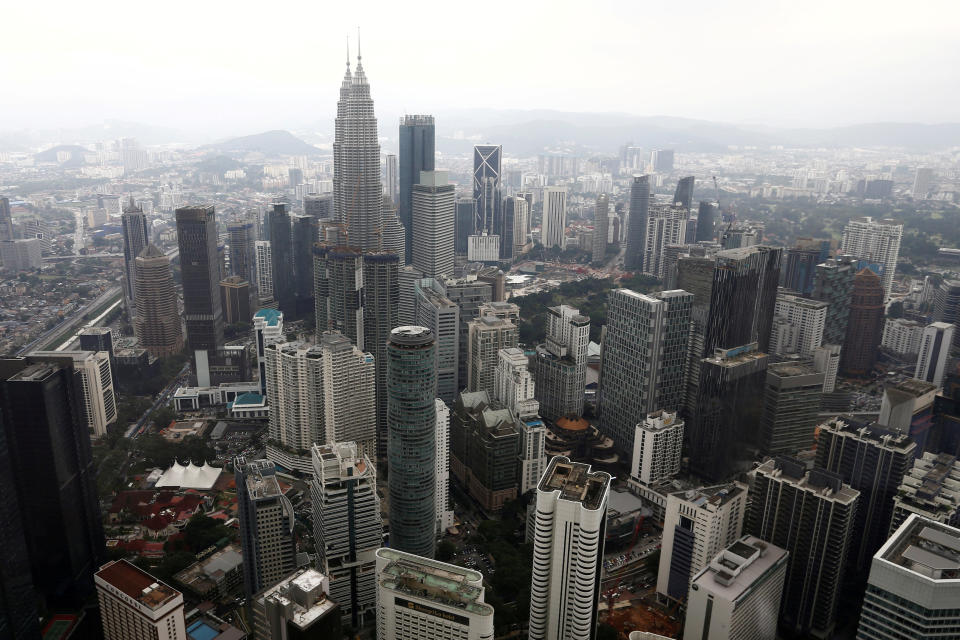Malaysia’s August consumer price index still on downward path as pandemic drags on

KUALA LUMPUR, Sept 24 ― The August consumer price index for Malaysia continued to deflate contracting by 0.2 per cent compared to July in a sign that the economy has yet to recover from the effects of the coronavirus pandemic.
Last month’s CPI was up by 2 per cent year-on-year but remained on a downward trajectory since April this year when public health authorities imposed strict movement curbs in a bid to contain the outbreak, which had climbed steadily to five digits.
July’s index was 2.2 per cent compared to the same period last year.
Economists usually look to the CPI, which measures the movement in prices of crucial consumer goods, as indicators for inflation.
Transport costs, the biggest driver of price movements, contracted to 11 per cent from 11.6 per cent in July.
Excluding fuel costs, the August CPI rose by a mere 0.5 per cent. Core inflation remained stable at 0.6 per cent.
The index for food and non-alcoholic beverages dropped slightly to 1.2 per cent from July’s 1.3 per cent and utility bills also contracted by 0.1 percentage points to 0.6 per cent from 0.7 per cent in July.
Prices of recreational goods, services and culture were the sole goods that registered a climb, rising slightly from 0.6 to 0.7 per cent, likely because consumers are spending more time outdoors.
Malaysia’s CPI measures the percentage change through time in the cost of purchasing a constant “basket” of goods and services representing the average pattern of purchases made by a particular population group in a specified time period.
Changes in the costs of items in the basket are therefore due only to “pure” price movements of goods and services broken down into 12 main categories.
Malaysia’s second quarter gross domestic product rose 16.1 per cent year-on-year after four consecutive quarters of contraction DoSM announced in August, although the positive figure came on the back of a low base effect from the same period in 2020.
Chief Statistician Datuk Seri Mohd Uzir Mahidin said the stronger growth hadwith economic performance supported mainly by the improvement in domestic demand and continued robust exports performance.
Related Articles Muhyiddin: Malaysia, Singapore to discuss recognising respective Covid-19 vaccination certs PM: Government to focus on increasing income, purchasing power of Malaysians Azmin: Malaysia remains competitive in attracting investments despite challenging pandemic situation


